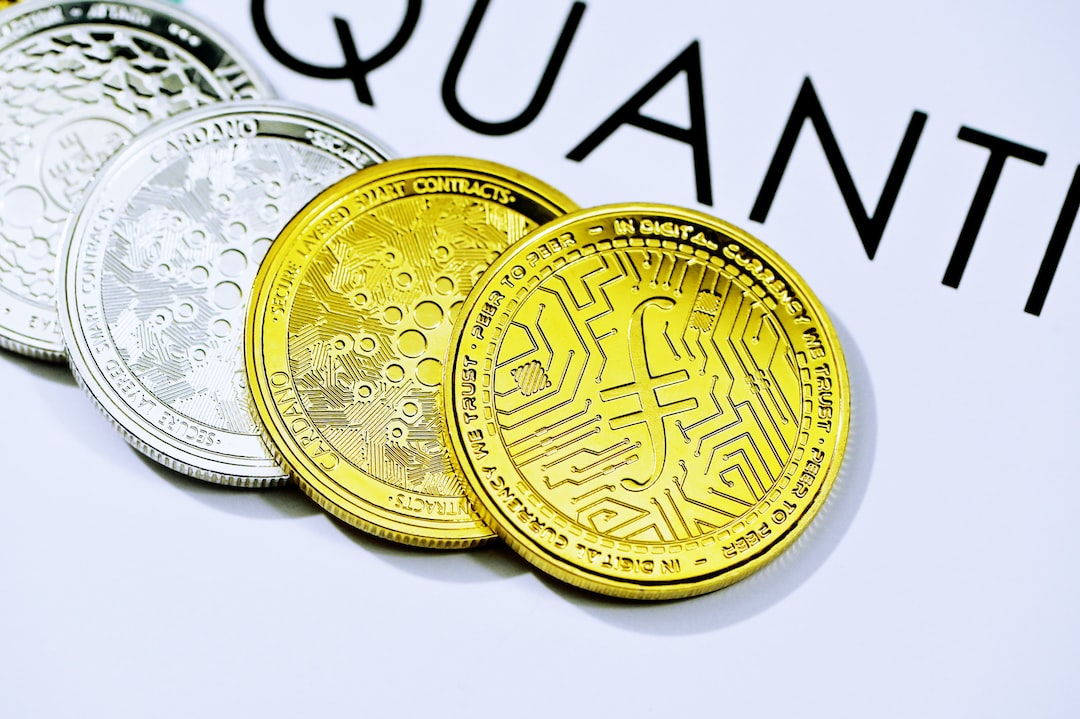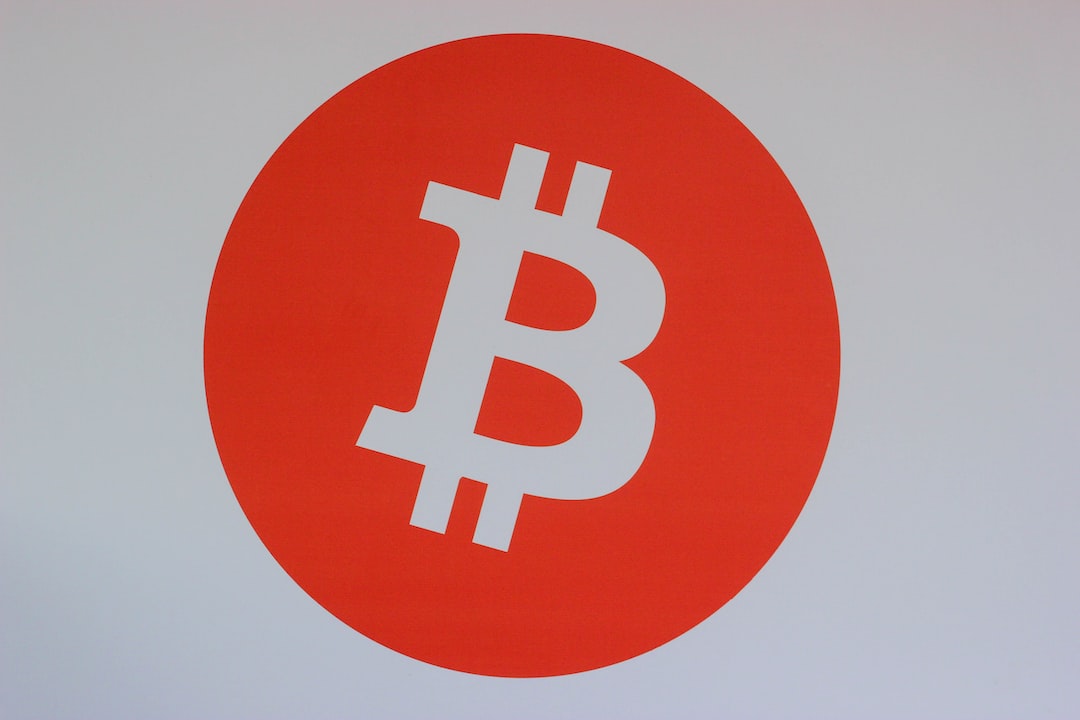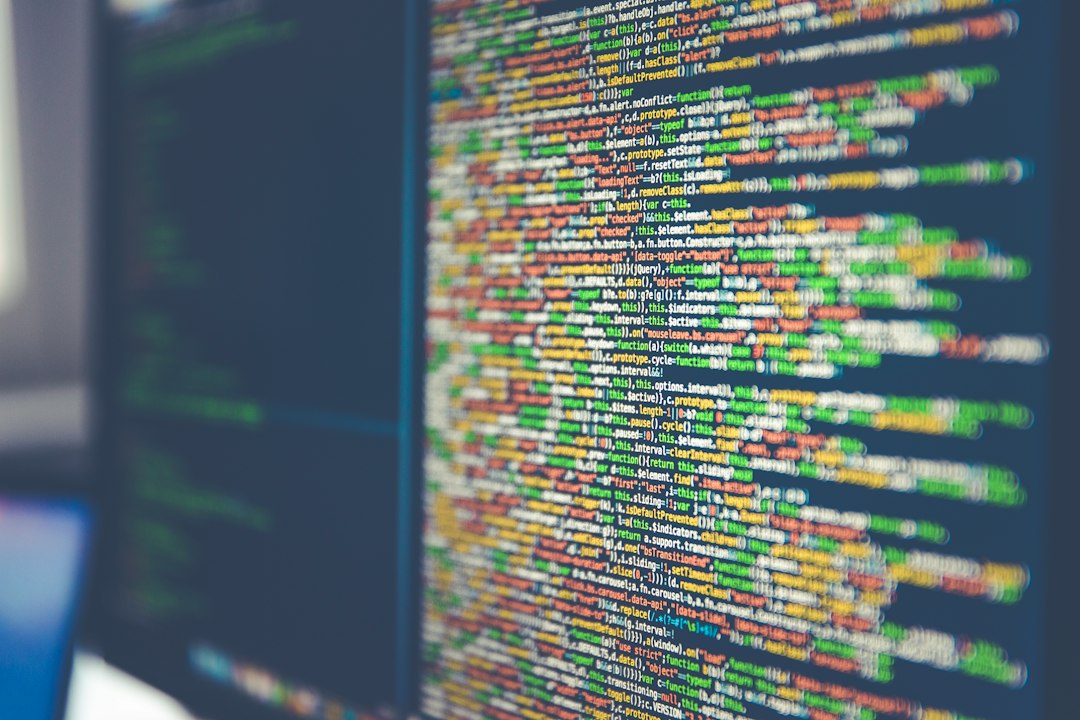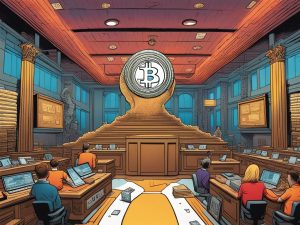What Are Oracles?
In ancient times, priests known as oracles provided advice and prophecies to those seeking answers from the gods. In the blockchain world, oracles are smart contracts that gather information from various sources to enable tasks on a blockchain. They bring real-world information to decentralized finance applications, preventing blockchains from becoming isolated silos of data.
Oracles have many use cases in decentralized finance. For example, they are used in decentralized exchanges to complete liquidations and perform calculations using price feeds. Prediction markets and legacy applications that require blockchain data also benefit from oracles.
Oracles also facilitate offchain data transport, allowing heavy processing tasks to be performed outside the blockchain. This helps apps defer computing processes to other systems.
Decentralizing Data Transport
While oracles connect onchain apps with real-world data, they can also be a single point of failure. If an oracle fails to deliver the required resources, tasks cannot be completed. Additionally, oracles may be exploited to retrieve incorrect data.
Decentralized oracles address this issue by retrieving data from different sources and aggregating the results to provide valid responses. Chainlink is a well-known decentralized oracle network that offers preexistent data feeds for developers.
For example, a decentralized app could use a price feed to determine an asset’s price or leverage an NFT floor price feed to retrieve a range of prices for an owned NFT.
The Future of Oracles in Finance
While oracles are crucial for decentralized finance applications, their usage and the “oracle problem” have been questioned by staff members of the Bank of International Settlements (BIS). The BIS bulletin criticizes the tradeoffs associated with fully decentralized oracle systems, stating that they can lead to complex consensus protocols that reduce blockchain efficiency.
However, the bulletin also highlights that introducing centralization to these tools goes against the trustless nature of blockchain and may limit their use to cryptoassets rather than real-world assets.
Hot Take: The Role of Oracles in Decentralized Finance
Oracles play a vital role in decentralized finance by bridging the gap between onchain applications and real-world data. They enable the completion of tasks that rely on external information, such as price calculations and prediction markets. While decentralized oracles offer solutions to the problem of single points of failure, there are ongoing debates about the tradeoffs and challenges they present.
The future of oracles in finance depends on finding a balance between decentralization and efficiency. As the technology evolves, it will be interesting to see how oracles continue to shape the landscape of decentralized finance and whether solutions can be found to address concerns raised by institutions like the Bank of International Settlements.





 By
By
 By
By
 By
By
 By
By
 By
By